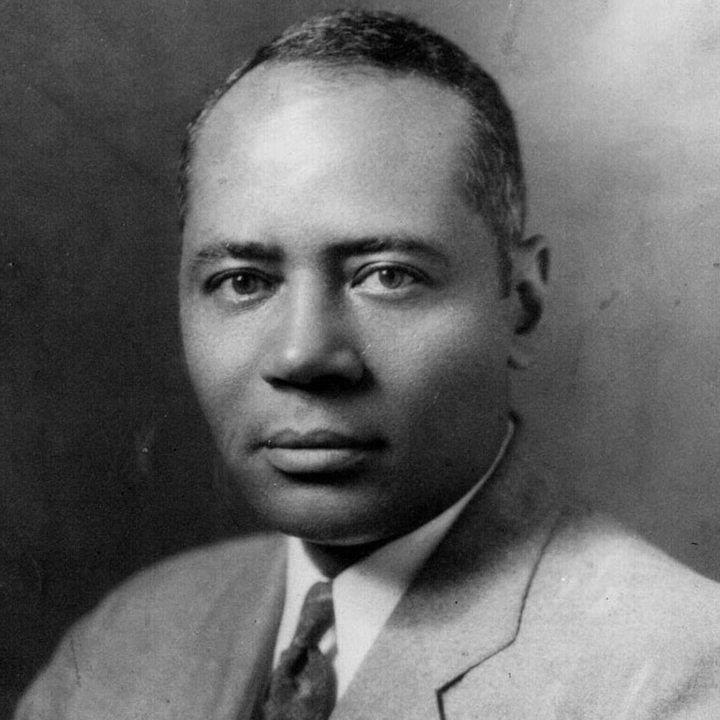Charles Hamilton Houston was a renowned fighter for minority rights playing a role in nearly every case for Civil Rights between the years of 1930 and 1950. Houston was born in 1895 during a great deal of minority suppression. His father was a practicing lawyer and his mother a hairdresser. He contributes all his success to their desire for him to succeed and providing him with all the tools for success.
Despite being born during such suppressive times he proved triumphant in both his studies as well as his post graduate works. Houston studied at Amherst College in Massachusetts for an Artium Baccalaureatus (A.B.) Degree which he completed in 1915. He was the only African American in his class and also graduated with the honor of valedictorian. From there Houston moved back to D.C. where he taught English and “Negro Literature” at Howard University for two years. As the year 1917 approached America found itself entering World War I. To avoid being drafted and having to possibly serve on the front line, Houston enlisted as an officer where he earned a position at the first Black officers’ training camp, Fort Des Moines in Iowa. Little did he know this step in his life shaped his future in fighting toward civil liberties and equal rights.
After witnessing and being part of a prosecution of two black soldiers who were wrongly charged, Houston was quoted saying “the hate and scorn showered on Negro officers by our fellow Americans…convinced me there was no sense in dying for a world ruled by them. I made up my mind that I would never get caught again without knowing my rights; that if luck was with me, and I got through this war, I would study law and use my time fighting for men who could not strike back.” This was the turning point towards the fight for equal rights to all.
After arriving home in 1919 Houston set out to accomplish the goals he set while in the army. Houston enrolled into Harvard law school where after his first year he was elected to the prestigious Harvard Law Review; there he found his legal mentor Felix Frankfurter. After graduating with honors he pursued his doctorate in judicial science under Frankfurter. Houston later went on to work with his father after completing a one year fellowship in Madrid, Spain.
Houston’s first legal case before the U.S. Supreme Court dealt with a man convicted of rape in Oklahoma by an all-white jury and sentenced to death. Houston argued that because historically in Oklahoma Blacks had been denied jury placements based on their race, they were denied due process under the law. The Supreme Court agreed and Houston was the first African-American to successfully represent the NAACP before the highest court.
During his tenure with the NAACP, Houston was praised for his work at picking cases to which would begin to erode segregation. Throughout his life he was a brilliant mentor and teacher to many young black law students; becoming a teacher and the Dean at Howard University. One of his greatest successes would come 4 years after his death when his star pupil, Thurgood Marshall, would win the case of Brown vs. Board of Education. This would be the turning point which Houston wanted to see happen through all his hard work towards ending discrimination.
Written by Annie Fox
Also Check Out:
The Story Behind Black History Month
Phillis Wheatley – First Published African-American
Alice H. Parker – True African American Heat
The First African-American Intellectual – Benjamin Banneker

